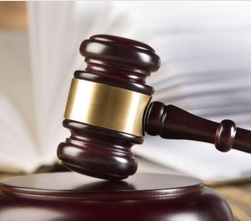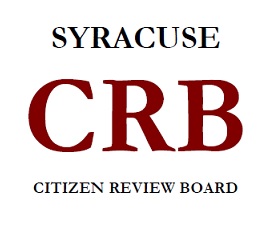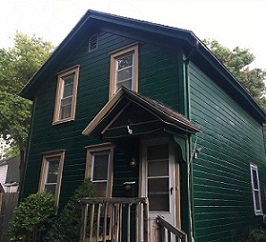Governor Cuomo’s Op-Ed in the New York Daily News on Criminal Justice Reform
Governor Cuomo: “In New York, we believe in a more just society, and we know what we must do to achieve it. That’s why this year I will not sign a budget without criminal justice reform. Failing to take action would be criminal.” The New York Daily News published an op-ed by Governor Andrew M. Cuomo laying out why he will not sign a budget without criminal justice reform on bail, speedy trial, and discovery. Earlier this week, the Governor renewed his promise to include criminal justice reform in this year’s budget while outlining his remaining budget priorities. Text of the op-ed is available below and can be viewed online here. The presumption of innocence is one of the cornerstones of the criminal justice system in the United States. This bedrock concept has been ratified by the Supreme Court; it is codified in the UN’s Universal Declaration of Human Rights. Even if your legal training is limited to watching cop shows on TV, you can quote this principle: a person is innocent until proven guilty. And yet, three-quarters of the people being held in New York City jails are awaiting trial. A similar condition exists in jails across the state. How is this possible? It begins with the failure of our bail system. Most people who are arrested in New York are given a trial date and released. But for others, including many who are charged with non-violent crimes, their freedom comes down to money. If they have it, they can post bail and get out. If not, they are jailed awaiting trial. And we know that the overwhelming number of people who can’t afford bail are black and Latino, making this an issue of racial justice. This is not an isolated problem. A state review conducted last year showed that in 66% of cases in New York City, and in 64% of cases outside of New York, people were in jail five days after bail was set. That means 45,500 people spent time in jail in New York last year not because they have been proven guilty of a crime, or because they posed a risk to someone else, or because they might run, but because they were poor. This would be bad enough if people were locked up for just a day or two. All too often, the waiting period before trial can stretch into months and years. Although state law requires that people charged with misdemeanors go to trial within 90 days and felonies within 180 days, the law is frequently ignored; in New York City, the average misdemeanor takes two years to go to trial. The Sixth Amendment of the Constitution guarantees defendants a “speedy” trial. No one can look at the operations of our court system and conclude that speed is anyone’s priority. This year I advanced a bill to the state Legislature that will close the gap between intention and performance. One provision will modernize our bail system. Instead of the unfair system of putting up money for freedom, people would be released before trial either on their own recognizance or under pretrial supervision. For the few people who cannot safely await trial in the community, there would be a new procedure whereby a district attorney may move for a judicial hearing that will determine whether defendants facing serious and violent crimes may be held because they pose a risk to the physical safety of a reasonably identifiable person or persons, or they present a high risk of flight. We proposed measures to speed up the justice process. Under our bill, courts would be required to take a more proactive role in managing the pace of proceedings, cutting down on the frequency and length of postponements. We can’t allow legal proceedings to dangle indefinitely over peoples’ heads, disturbing their lives for months and years on end. Finally, we must reform the discovery process. Today, New York is one of only 10 states where prosecutors can withhold basic evidence like police reports and witness statements from defendants’ lawyers until the day of the trial. Defendants have a constitutional right to counsel, but that’s meaningless if counsel has no time to prepare a defense. We must expand discovery and require earlier disclosure of evidence. In New York, we believe in a more just society, and we know what we must do to achieve it. That’s why this year I will not sign a budget without criminal justice reform. Failing to take action would be criminal.













